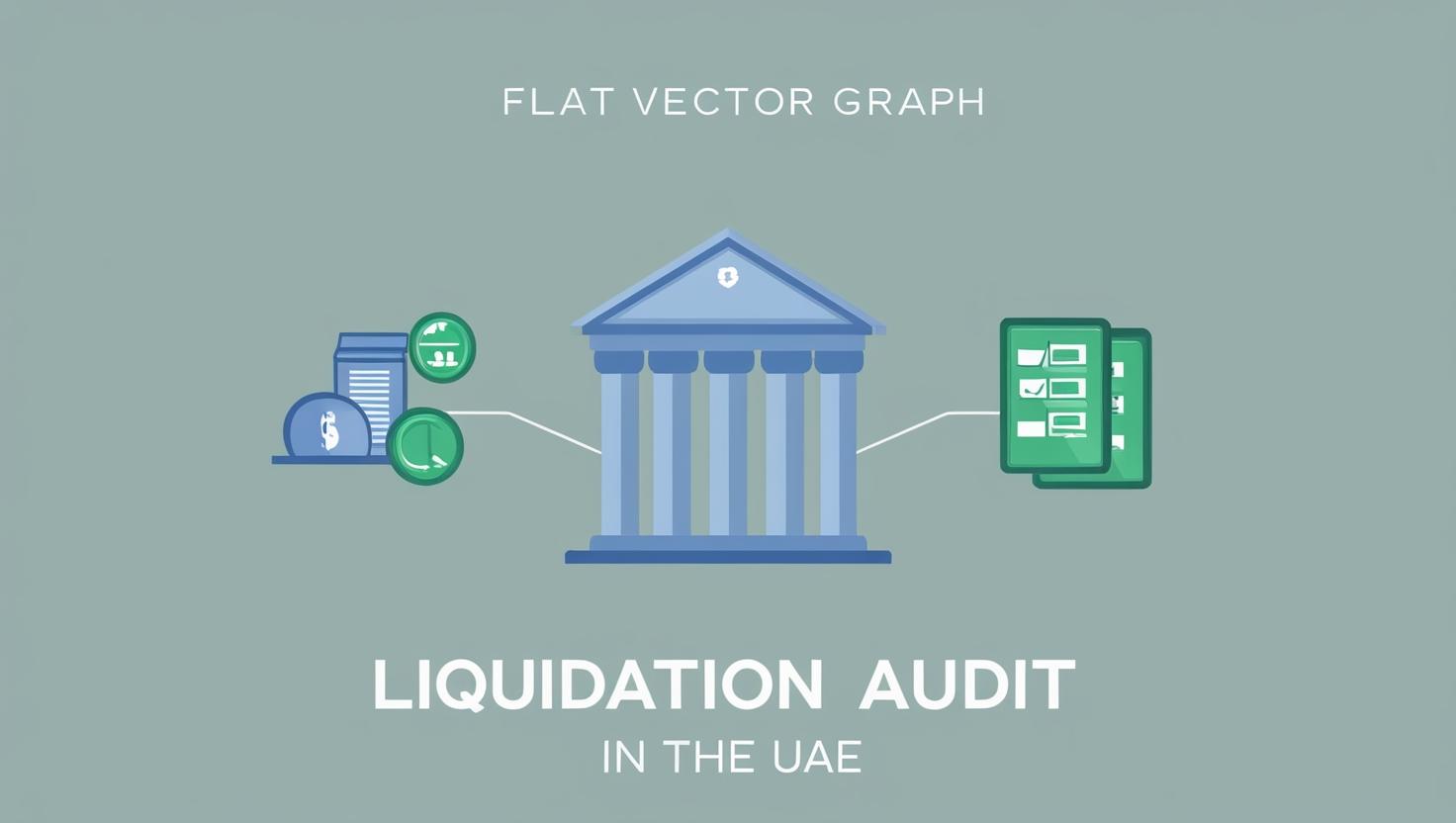A liquidation audit is a vital part of the business closure process in the UAE. Whether your company is undergoing a voluntary liquidation or a compulsory liquidation due to financial distress, conducting an audit ensures full regulatory compliance, transparency, and protection of stakeholder interests. The liquidation process involves settling all financial obligations, verifying company assets, and preparing a comprehensive liquidation audit report to legally dissolve the business.
In this blog, we will explore what a liquidation audit entails, its importance, the types of liquidation in the UAE, what auditors assess, and how Young and Right provides expert liquidation audit services to ensure a smooth liquidation process.
What Is a Liquidation Audit?
A liquidation audit is a formal and independent review of a company’s financial records, conducted during the company liquidation process. It is one of the most critical components of the overall liquidation process, designed to assess the company’s compliance with legal, financial, and regulatory standards in the UAE. The purpose of the liquidation audit is to ensure that:- Assets are accurately valued and sold based on their true market value
- Outstanding liabilities and debt obligations are properly reviewed and settled
- Creditors and shareholders receive fair and legal treatment during the company liquidation
- The closure adheres to UAE regulations, including those set forth by the Federal Tax Authority and relevant free zone authorities
Why a Liquidation Audit Matters
A properly conducted liquidation audit provides:1. Legal Compliance
It ensures the company closure follows all legal requirements as outlined by the UAE Commercial Companies Law, the Federal Tax Authority, and, in the case of Dubai, the Dubai Economic Department or Dubai Multi Commodities Center.2. Asset Verification
Auditors verify the existence, condition, and ownership of the company’s assets, ensuring accurate asset valuation and sale.3. Debt Settlement
The audit confirms that creditor payments, including bank loans, supplier dues, and employee benefits, are managed and paid in legal order.4. Transparency and Trust
A detailed audit report offers financial transparency for stakeholders, including company owners, investors, and regulators.5. Tax and VAT Compliance
The liquidation audit ensures all taxes, including VAT, are up to date and settled, and liability certificates are obtained from the Federal Tax Authority.6. Fair Distribution
Any remaining assets post-settlement are distributed fairly, and a signed no liability certificate is issued to finalize the company’s affairs.Types of Liquidation in the UAE
1. Voluntary Liquidation
Initiated by the company owners through a shareholder resolution, this type is more straightforward and allows for proactive management. It is typically initiated by businesses that are solvent and wish to close their operations in an orderly and compliant manner. The liquidation audit plays a central role in validating that all assets, liabilities, and financial obligations have been addressed properly. Steps include:- Board approval
- Appointment of a licensed audit firm that is approved to conduct the liquidation audit
- Conducting a liquidation audit to review the company’s financial standing and compliance with regulatory requirements
- Settling outstanding liabilities to ensure all debts and obligations are cleared before final closure
- Asset distribution among shareholders, in accordance with the outcome of the liquidation audit
2. Compulsory Liquidation
Court-ordered, often triggered by insolvency or creditor settlements. The court appoints the liquidator, and the audit is more extensive due to the legal proceedings involved. A liquidation audit in a compulsory scenario is typically more detailed, as the company is often under financial distress, and there may be disputes regarding creditor claims, asset ownership, or prior financial conduct. In this type of liquidation process, the liquidation audit is used not only to assess the financial position of the company but also to support legal compliance and safeguard the rights of creditors and other stakeholders. The court may request multiple phases of liquidation audits to ensure that the company’s financial matters are resolved transparently and in accordance with legal expectations. Whether voluntary or compulsory, a liquidation audit is a statutory requirement in the UAE and serves as the final financial verification before a business can be officially dissolved. It is crucial that businesses engage qualified and experienced auditors to perform this function, as the liquidation audit ultimately determines the accuracy, fairness, and legality of the closure.What Do Auditors Examine?
During the entire liquidation process, professional auditors play a vital role in ensuring a smooth business closure by thoroughly reviewing the company’s financial and legal standing. As part of their responsibilities, they examine:- Financial statements and financial transactions to confirm the accuracy of the company’s historical and current financial records
- Accurate asset valuation and supporting documentation to ensure compliance with reporting standards
- A detailed record of debts, including respective bank liabilities, to verify the company’s ability to settle outstanding obligations
- Tax filings and the liability certificate printed for clearance from the Federal Tax Authority, in accordance with UAE regulations
- Bank closure letters and trade license termination documents as part of procedural compliance
- The final liquidation report, which includes full disclosure of assets, debts, settlements, and overall financial activity
- Adherence to international auditing standards, ensuring that the final audit report is valid, transparent, and acceptable by all relevant regulatory bodies



